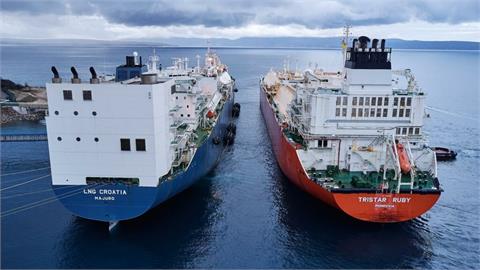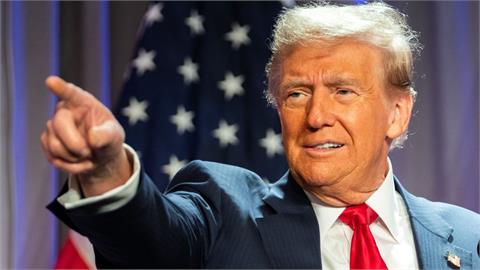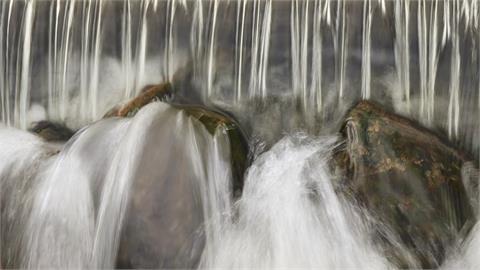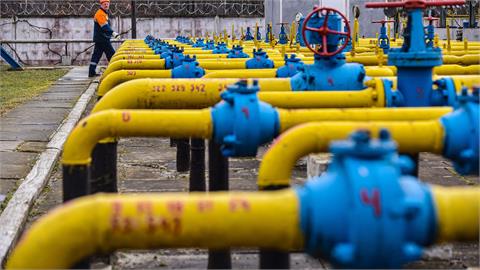Europe must do more to fight back against “massive” hidden handouts doled out by China to its industries, the European Commission president said, as the EU rushes to counter a swath of global subsidies that threaten its competitiveness.
Speaking after European leaders discussed how to respond to US president Joe Biden’s $369bn climate bill, which is wooing green businesses, Ursula von der Leyen said the EU also needed to do more to deal with Beijing’s support for its domestic industries.
“Where China is concerned we know they are giving massive subsidies, not only [to] the clean-tech sector but in general,” von der Leyen said in a press conference after a summit of EU leaders. “So the topic is much wider than our focus on [Biden’s Inflation Reduction Act]. Therefore we are developing a much broader strategy to deal with that.”
Biden’s legislation, which includes subsidies and tax breaks for green technologies, has rattled EU leaders who fear it will lure businesses across the Atlantic. “In the face of the new geopolitical reality, the European Union will act decisively to ensure its long-term competitiveness, prosperity and role on the global stage,” EU leaders agreed in a joint statement on Friday morning.
Von der Leyen said the IRA was “clearly defined and targeted” at six clean-tech sectors, meaning that the EU was finding it “very open and transparent” to deal with. She said the situation in China was far more opaque with “hidden subsidies” and a wider range of sectors affected. European companies have struggled to get access to the Chinese market and complained of a failure to respect intellectual property rights, she said.
French president Emmanuel Macron said the EU had to “react with great force” to the IRA and said European state aid was needed “to help support our strategic sectors at the right level and in particular to counter the risks of relocation”. He implored the bloc to react against the “unfair competition” with “speed”.
EU leaders agreed to “simpler, faster and more predictable” state aid procedures, including through tax credits, as well as the use of EU funds for green technology and “simplified and fast-tracked” regulations for climate-friendly investments.
The EU has long complained about state support for China’s green industries, including photovoltaic solar panel manufacturing. Brussels imposed anti-dumping duties on Beijing in 2013, alleging Chinese producers were getting unfair subsidies. The EU recently approved new rules allowing it to investigate foreign companies that benefit from government cash.
Chinese electric vehicles, which are winning an increasing share of the European market, are seen as another threat. Speaking after the summit, German chancellor Olaf Scholz said the EU had longstanding policies to counter Chinese subsidies and “some ways to react”. He added: “It is not helpful for the world if everyone is working with subsidies, trying to distort competition.” Dutch prime minister Mark Rutte, who opposes raising new EU funding to support industry, said the bigger issue was cutting red tape to get money to businesses. “My country is investing €60bn between now and 2035 in cleaning our economy and we are only 6 per cent of the European economy,” he said. “So it is not that Europe is not stepping up. The problem is permitting — how do you get your money at a place where it has to go to as soon as possible with the least hassle?”.
(Financial Times, February 10, 2023)



